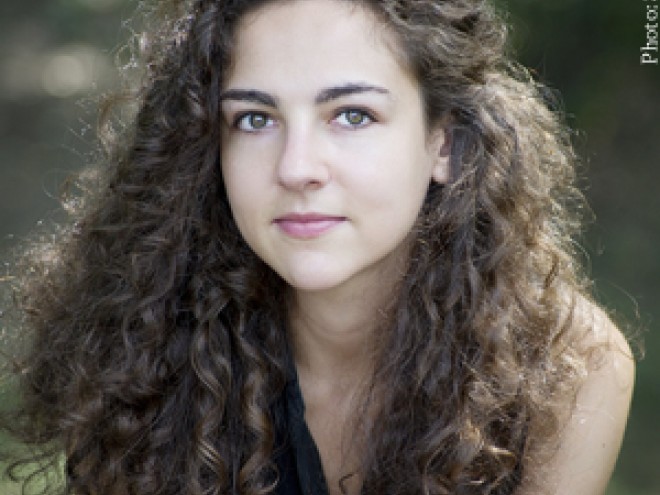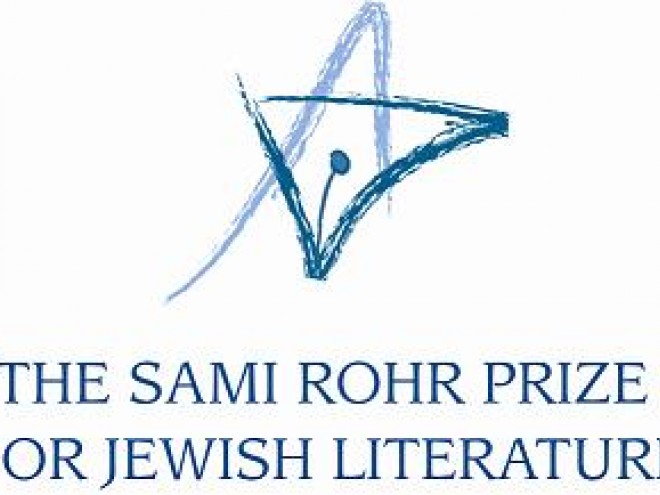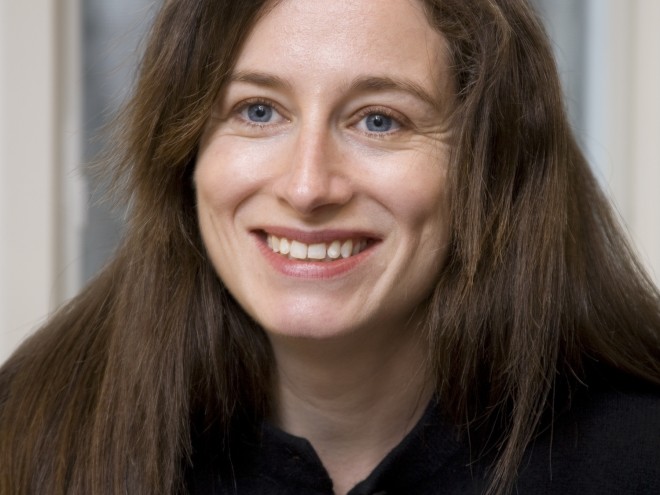Posted by Naomi Firestone-Teeter
 Earlier this week, we asked Sami Rohr Prize Finalists Abigail Green and Jonathan B. Krasner a few questions about their inspiration, audience, and process. Today, we hear from James Loeffler, whose first book The Most Musical Nation: Jews and Culture in the Late Russian Empire was published by Yale University Press. The Rohr Judges agreed that James’s book contained “[a] treasure trove of music, music history and general cultural materials that will help us understand what would have otherwise been only more buried evidence of the rich Jewish past in the age of the killers and tyrants.” Below, James discusses the international human rights movement, Miles Davis, and electronic dance with the ProsenPeople.
Earlier this week, we asked Sami Rohr Prize Finalists Abigail Green and Jonathan B. Krasner a few questions about their inspiration, audience, and process. Today, we hear from James Loeffler, whose first book The Most Musical Nation: Jews and Culture in the Late Russian Empire was published by Yale University Press. The Rohr Judges agreed that James’s book contained “[a] treasure trove of music, music history and general cultural materials that will help us understand what would have otherwise been only more buried evidence of the rich Jewish past in the age of the killers and tyrants.” Below, James discusses the international human rights movement, Miles Davis, and electronic dance with the ProsenPeople.
What are some of the most challenging things about writing non-fiction?
For every individual story that makes it into a book of history, there are a hundred other fascinating lives that don’t. That’s a hard choice to make. And it’s made even harder by the knowledge that each person’s life is unique. Leaving someone out of the narrative doesn’t just deprive them of a spot in history, it also potentially alters the storyline itself.
What or who has been your inspiration for writing non-fiction?
This may sound cheeky, but I find the most inspiration for non-fiction in works of fiction. Of course it’s true that the rules of writing fiction are completely different. But fiction authors are, by definition, master storytellers. The purity of plot reminds me how a good narrative can truly take the reader inside a different world — like the distant past.
Who is your intended audience?
I wrote this book for anyone who’s ever fallen in love with a piece of classical music; anyone who’s ever suffered through a piano or violin lesson; and anyone who’s ever picked up a paper and found themselves counting the Jewish names involved in a story.
Are you working on anything new right now?
I am writing a book now about another arena in which Jews have played a disproportionately large role in modern times: the international human rights movement. From Amnesty International and Richard Goldstone to Natan Sharansky and UN Watch, Jews have become idealistic icons and passionate critics, tireless proponents and vocal skeptics about the international human rights community. My book seeks to go back to the early decades of the human rights movement after World War II, to retrace the forgotten story of Jewish participation in the birth of human rights at the United Nations. My aim is to shed new light on just where human rights come from in modern times and to puncture some pious, persistent myths of both the Left and the Right, about the relationship between Jews, Zionism, and human rights.
What are you reading now?
I’ve just been reading a collection of Chopin’s letters, where alongside a bunch of anti-Semitic rants I was amused to find his description of his adventures playing klezmer music with Jewish folk musicians in a Polish shtetl.
When did you decide to be a writer? Where were you?
In high school I was a deep devotee of the music of jazz trumpeter Miles Davis. And I was a semi-professional jazz musician. Yet when he died early in my senior year, my first reaction wasn’t to put on one of his records. Instead I felt the urge to grab a pen and notebook. I began writing what would become my first published essay — a literary tribute to him. It was then that I knew I wanted to be a writer. As much as music stirred my soul, the way I sought to communicate my thoughts and passions in life was through words on the printed page.
What is the mountaintop for you — how do you define success?
Success is about the art of clarity. When the words on the page distill the essence of an idea or a question and I’ve captured reality, then I feel like I’ve reached a peak.
How do you write — what is your private modus operandi? What talismans, rituals, props do you use to assist you?
My deep, dark secret is that even though I often write about classical music, I prefer to have pulsing electronic dance music playing in the background. The louder and noisier, the better. Somehow the beat and sound screens out other distracting thoughts and frees up my mind to concentrate better on writing.
What do you want readers to get out of your book?
If they listen to one of the composers mentioned in the book, dayenu—that’s enough. But more broadly I want readers to consider delving more deeply into the remote corners of the Jewish cultural past. History is not just about reinforcing our sense of who we are today and how we got here. History is about recovering the roads not taken, and exploring where they might yet still lead us.
James Loeffler, an Assistant Professor at the University of Virginia, is nominated for his first book, The Most Musical Nation: Jews and Culture in the Late Russian Empire. He works broadly on the intersection of Jewish culture, politics, and identity in modern Eastern Europe, Israel, and the United States. He has published extensively in the field of Jewish musical studies, with a specialization in the history of Jewish folk and classical music traditions in Eastern Europe. He lives in Charlottesville, Virginia.
Originally from Lancaster, Pennsylvania, Naomi is the CEO of Jewish Book Council. She graduated from Emory University with degrees in English and Art History and, in addition, studied at University College London. Prior to her role as executive director and now CEO, Naomi served as the founding editor of the JBC website and blog and managing editor of Jewish Book World. In addition, she has overseen JBC’s digital initiatives, and also developed the JBC’s Visiting Scribe series and Unpacking the Book: Jewish Writers in Conversation.


